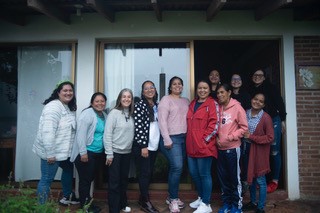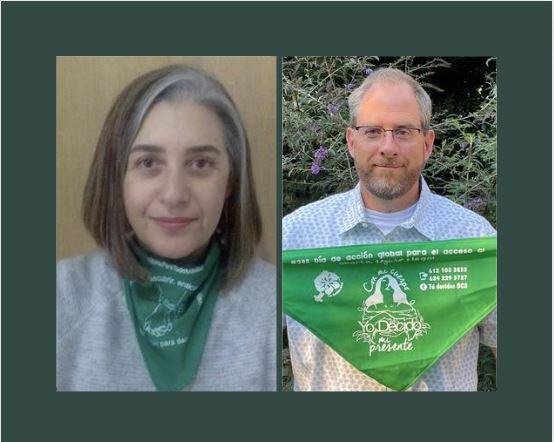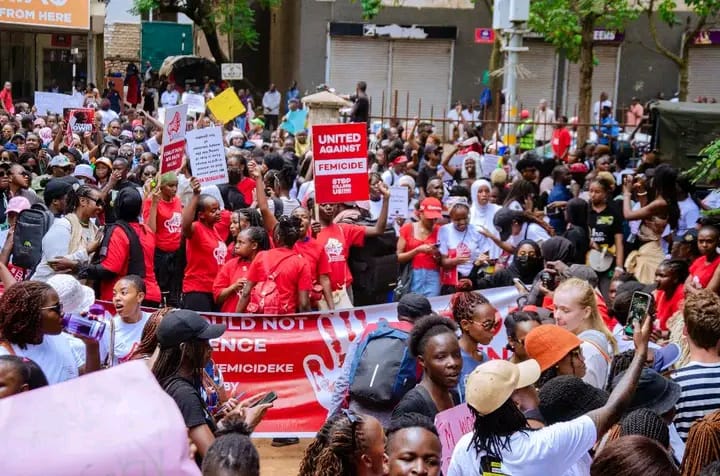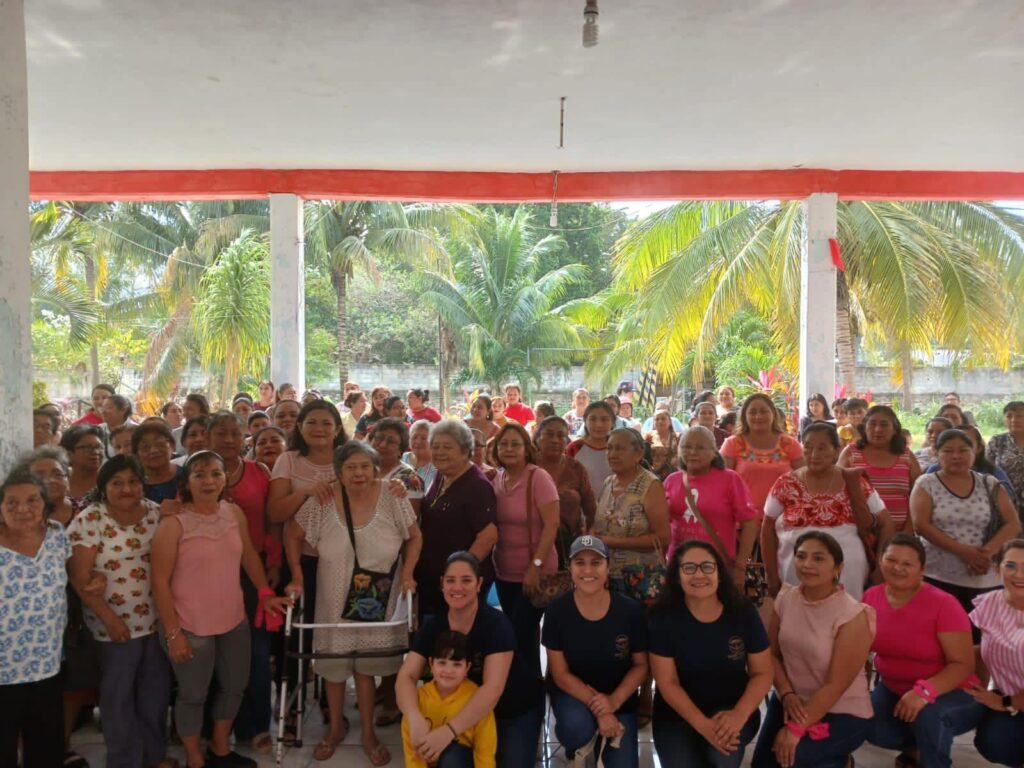Can We Disagree About Abortion in Women-Centered Organizations?

People have strong feelings about abortion. It’s a complex, nuanced, and deeply personal decision.
Among those working in women’s rights organizations, it is easy to assume that we all feel the same, but that is not the case. Our teams are influenced by the communities in which we are located, and they are far from settled on women’s reproductive rights.
What might change if, instead of making assumptions, we committed to talking about this topic openly? What would we learn if we each asked ourselves, “Where am I on abortion?” and then collectively, “Where are we?”
Mujeres Aliadas, a WomenStrong partner working in the Mexican state of Michoacán on sexual and reproductive health and rights, is asking such courageous questions.

In this Q-and-A, Lisel Lifshitz, Ph.D., shares about Mujeres Aliadas’ experience in conversations with and among staff, and what they have learned, with Greg Loughlin, a WomenStrong Learning Lab alum. Greg’s quotes are in bold.
Tell me about Mujeres Aliadas.
We promote sexual and reproductive rights and provide sexual and reproductive healthcare to women and adolescents based on the International Confederation of Midwives’ Professional Framework for Midwifery.
We have four programs: a clinic where midwives give consultations and attend births; a four-year midwifery school; programs for women and adolescents; and a community where women can discuss their health and reproductive rights
Mujeres Aliadas is going through an intentional process to talk about abortion. Why?
The process has been going on for a while, but it gained intensity during the pandemic. Women didn’t want to get healthcare at hospitals or government clinics, because they were basically only serving COVID patients. So we got more requests for helping with abortions and also for births and prenatal care – and everything else.
Also, some of us belong to the Green Tide movement (the pro-choice movement in Latin America), but even more important, to the International Confederation of Midwives, which is moving toward adopting a pro-rights approach.
Is there tension on staff about abortion?
The Mujeres Aliadas Board, our leadership team, and I are clear: Abortion is an essential component of sexual and reproductive health and rights. But this understanding of abortion as a right is still not fully accepted by our whole staff and by all our midwives. There is confusion and tension.
How do you understand that tension?
The way I see it, Mujeres Aliadas’ staff reflects society. We are a lovely and diverse ecosystem. That’s enriching, and sometimes it can be hard. We don’t agree on everything. We have feminist pro-rights staff members, and we have much more conservative staff members. We need all this diversity to function in the communities where we work.
But when certain staff members are uncomfortable with something, as some are uncomfortable with abortion, then how well are we transmitting that complete idea of women’s rights? There’s no easy answer to that, and we are struggling with it.
Tell me more about how you found resources to discuss the tension.
We got a grant from Fondo Semillas, a feminist fund to support the transformative power of girls, women, trans, and intersex people in Mexico, for sensitizing the staff to differences of opinion on abortion. Not for doing any specific action outside. Just for talking, and seeing how we felt, and for sharing some stories. Fondo María, a fund that provides financial, emotional, and logistical support to women who do not have sufficient resources to access legal abortion services, facilitated our discussions.

What did those discussions look like?
Fondo María conducted team-building exercises based on standpoints. They would ask us questions, and we would literally move around the garden as we decided where we stood. Questions included:
- Where do you stand regarding abortion?
- Where do you stand regarding personal decisions?
- Is abortion killing, or not?
- Is the cluster of cells a life, or not?
- Is the cluster of cells a baby, or something else?
- Who is the one who can decide or not?
In addition, those of us who had undergone abortions had the opportunity to share our personal stories.
Wow. How were you able to handle diverging viewpoints on such a sensitive topic?
Fondo María had such a loving and caring approach. They advised that we be nonjudgmental and proposed that any reason for having an abortion is OK. My colleagues and I don’t need to ask our clients for reasons; we offer the help requested without questioning. Fondo María helped us see that it is hard enough to have reached the point of making the decision to get an abortion. That was so important – to be caring and respectful of everyone.
And, as staff, we have all been subject to gender-based violence. Our shared experience helps us stay close, even when we disagree.
Where did your staff land? How did you agree to handle these situations?
We agreed that we can all refer a client to another staff member if we are uncomfortable. That’s OK.
We also agreed that whatever reason a woman wants an abortion is OK.
We’ve also had women want an abortion and then say they don’t want one anymore: ‘I decided otherwise.’ That’s OK, too. We don’t have to ask why.
How did these discussions make Mujeres Aliadas stronger?
We are not yet stronger, LOL. This has been difficult.
The big thing is that now at Mujeres Aliadas, we speak about abortion openly. And – openly – some of us agree, and some of us don’t.
Most important, I believe the services we provide to women are improved through these honest conversations. When we as staff are authentic and respectful with each other, we can bring our full selves to the women we serve. When we respect each other, that respect flows from us to them.
Co-Authors





